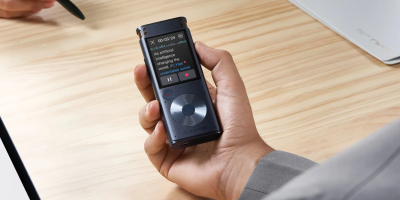There is no doubt in anyone’s mind that Qualcomm is more or less the leader when it comes to smartphone chipsets and modems. Almost every smartphone maker out there uses something that belongs to Qualcomm, whether it be the chipset that powers their phone, modems for 5G, or some component that uses a Qualcomm patent.
So much so that over in the UK, the country’s leading consumer association Which? has filed a lawsuit against Qualcomm where they claim the company has violated antitrust laws. They claim that due to the company’s dominance in patent-licensing and processor markets, they have “inflated” the fees charged to companies like Apple and Samsung, which in turn are passed down to consumers, resulting in our phones being more expensive than they were years ago.
If this lawsuit is successful, it would see Qualcomm being forced to pay over $600 million in damages, which amounts to $24-$42 per smartphone owner who might have bought an iPhone or a Samsung phone since 2015. Qualcomm has since rubbished the allegations made against them, pointing at a lawsuit filed by the FTC in 2017 that was ultimately dismissed in their favor.
That being said, reliance on one company for components is something that other companies have been trying to distance themselves from, which is why companies like Apple, Samsung, and Huawei have been making their own chipsets and developing their own mobile technology.
Source: Engadget












Comments